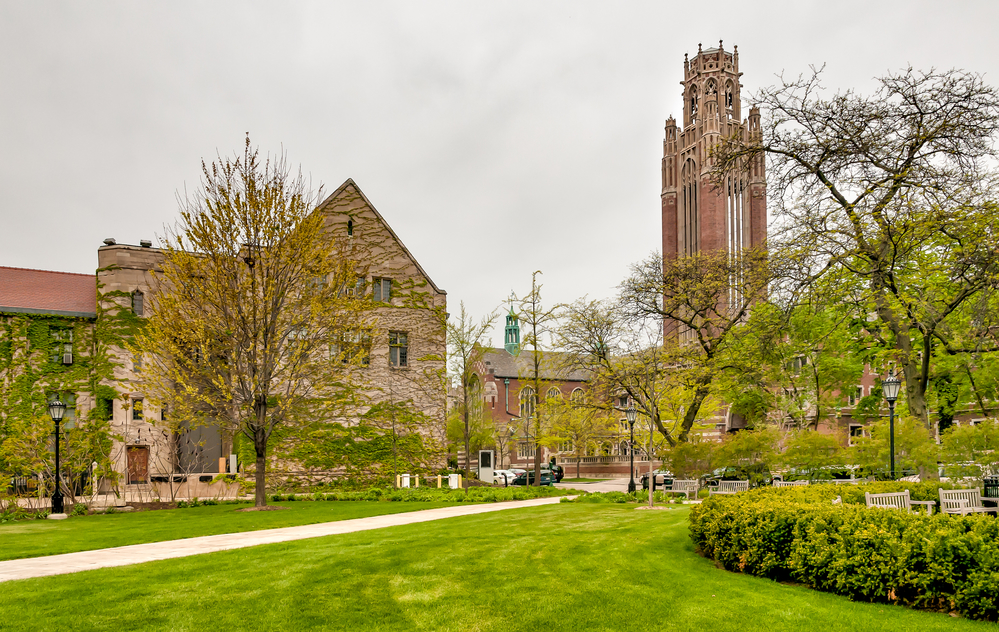A Conversation with Gary S. Becker
By Amy Willis

Gary Becker (1930-2014) was one of the most original and pathbreaking economists of modern times. His 1992 Nobel laureate in Economic Sciences was described as his “having extended the domain of microeconomic analysis to a wide range of human behaviour and interaction, including nonmarket behavior.” Becker’s early work on discrimination led to his further work on Human Capital and education, including economic analyses of crime and punishment, focusing on the family as a fundamental decision-making unit, and the formation of habits. His studies yielded fresh approaches to solving these underlying problems, inspiring and opening a path to a generation of research in areas previously thought to be intractable, such as the interactions between economics, biology, and sociology. This 2003 interview, conducted by Edward Lazear, also includes a bonus conversation where he is also joined by Judge Richard A. Posner, who later co-blogged with Becker on the Becker-Posner Blog.
Some Questions for Thought and Discussion:
Changes in the Field of Economics
Becker asserts that during the 20th century, economics changed from a field of subject to one of methodology. What does he mean by this? To what extent does this continue to be true today? Do you agree with Becker that this is a negative trend? Why?
The Economics of Discrimination
What is the difference between a “taste” for discrimination and “market” discrimination? How does this distinction inform Becker’s work on discrimination? What does Becker regard as the practical implications of his work on discrimination? Does he over- or under-state the relevance of his work to public policy? Explain. How did Becker’s study of discrimination lead him to the study of human capital?
The Economics of Human Behavior
What are the three main aspects of the economic approach, as Glaeser describes them? Why is the third aspect so crucial to Becker’s work? Becker admits that it is still unclear where individuals’ preferences come from. Despite this uncertainty, what can economists say about where they come from, and what must they take into account to do so?
The Economics of Addiction
Why did Becker choose to begin his study of patience, and what did he learn from it? What does Becker mean when he says that high income and/or more educated people discount the future less? How certain can we be about this claim?
Disciplines and the Academy
Becker and Glaeser discuss the differences among disciplines and the future prospects for those, like Backer, who want to work on “social issues.” What do you think? Should the academy dispense with disciplines/departments altogether? Why or why not?
(Part 2, Interviewer Richard A. Posner)
Law and Economics
What are the three primary assumptions of the economic approach to crime? What sort of policy prescriptions might emerge (or have emerged) from this approach? Posner asks Becker if the economic approach to law has plateaued. How does Becker respond? To what extent must new fields of inquiry necessarily reach a plateau, and what is needed to move beyond?
Economics and Politics
Posner describes Becker’s view of politics as Schumpeterian early on, then shifting to focus on interest groups. Describe why Becker ultimately concluded that interest groups offered the best way to understand politics. To what extent can interest group analysis explain criminal law?
(Part 3, Interviewer Edward Lazear)
Education and Human Capital
How does human capital theory help explain why declines in physical capital do not generally lead to significant slow-downs in the economy? What does Becker mean when he describes physical capital is highly pro-cyclical, and human capital as the opposite? How does human capital theory explain the trend of increasing numbers of women in the workforce and increasing quantity and forms of education among women? What does Becker mean by the quality-quantity trade-off regarding family size? Becker has continued to ponder an important question: How can we improve the opportunities available to children from less advantaged households? How would you answer this question? To what extent do you think Becker would agree with your proposal(s)?
The Family and Population
Becker describes the changing fertility rates around the world as a “revolution.” What constitutes this revolution, and what sorts of social and economic implications could this revolution have? What role can (and should) the state play in determining fertility rates? Becker insists that normative policy must be based on positive analysis. What does he mean by this? To what extent do you agree?
